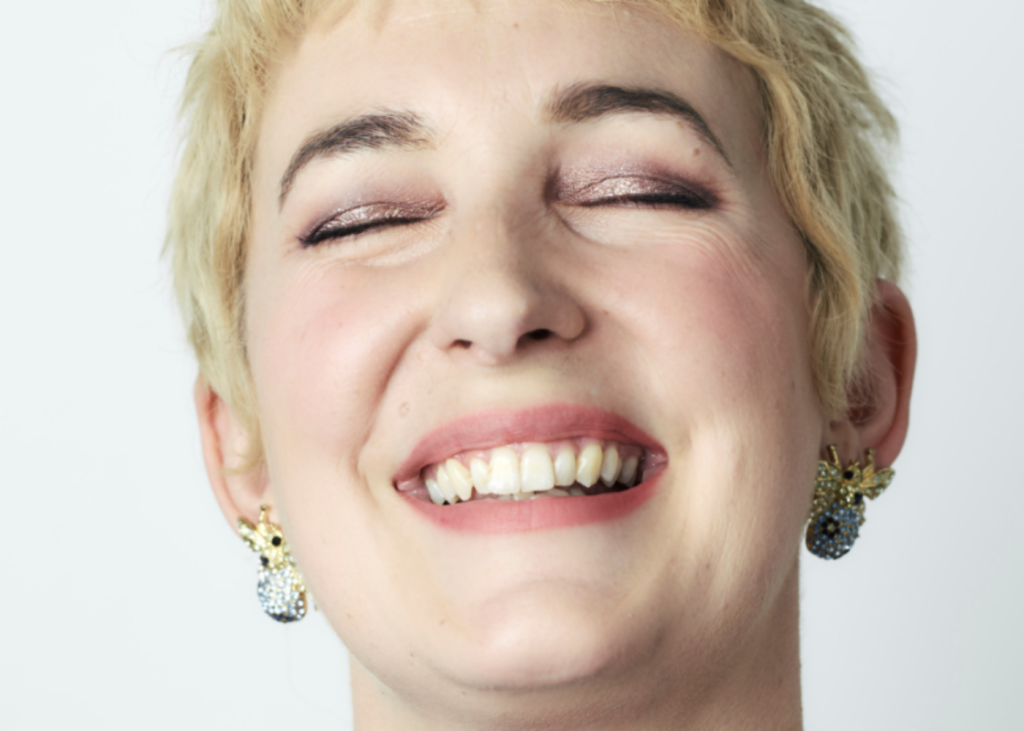By Clem Bastow
April is Autism Awareness Month.
Clem Bastow was diagnosed as autistic at the age of 36. The author of Late Bloomer explains why we need to stop viewing autism as something to be “fixed”.
When I sought diagnosis for Autism Spectrum Disorder in 2018, I didn’t have much in the way of a “positive outlook” when it came to the experiences that had led to that point. I was looking to understand problems I was having; to explain certain difficulties and challenges.
Though my consulting clinician was kind − and made a habit of referring to referring to “Autism Spectrum Condition” − I couldn’t escape the feeling that the broader context was one of disorder. The “homework” set as part of my assessment − a variety of tests to fill out, with room for notes and comments from me − focused on things that I was unable to do, or things that I did in an unusual or problematic way. Did I have problems making friends? Was I obsessed with patterns? It was as though someone had switched the old Bing Crosby lyrics around: “You gotta accentuate the negative, eliminate the positive”.
Though I didn’t realise it at the time, this was autism as viewed through a lens of deficit. There were no questions about what my unique talents were, or whether I could sink weeks on end into topics that interested me, or whether I was unusually good at mimicking those around me in order to fit in.
The deficit model is likely one that’s very familiar to anyone who has either been diagnosed as autistic themselves, or watched a child or loved one undergo the same processes. You need look only at the US Centers for Disease Control’s “Learn The Signs. Act Early” program, the very title of which seems to treat autism as something to snuff out fast, like a stroke or a precancerous mole.
It is true that there are many aspects of autistic experience that are challenging, particularly for those autistic people who have complex communication needs or are multiply disabled. But so much of this idea of deficit is tied to how difficult autism is for everyone around the autistic person.
Nick Hodge, Professor of Inclusive Practice at Sheffield Hallam University has written insightfully about the issue inherent in viewing autism solely in terms of deficit, and framing autistic behaviour as “problematic”. “Thinking of autism in this way,” he wrote in 2018, “has engendered a multi-million pound industry that depends on selling the idea that autistic children are in desperate need of a cure.”
Imagine, instead, a view of autism that recognises the challenges it can present, and aims to support the autistic individual, but which also considers how the world at large plays into those “problem” behaviours. This is, essentially, the social model of disability: the idea that societal barriers to engagement are as disabling as physical, intellectual or neurological conditions. Imagine a world in which autistic experience is uplifted: where it’s not “naughty” to flap our hands or spin on the spot, and where it’s fine to express a preference for certain foods, sounds or sights.
Why do we continue to insist on spoken language being the “best” or only way to communicate? Nonspeaking autistic advocates like Tim Chan write eloquently about the low expectations society places upon them, and the reticence many show in offering accommodations to autistic people with complex needs. Why do we place such a high premium on things like eye contact, or social niceties, at such great emotional cost to the autistic individual?
As I have worked through my grief at not having had the self-knowledge of diagnosis earlier in life, I have come to foster a tightly-held sense of autistic pride. In making friends and collaborating with other autistic people, I celebrate the fact that autism is not just a “condition” but also a community with its own unique culture. Reframing our understanding of autism, is not about throwing our hands in the air and pretending every day is a walk in the park, but rather a call to pause and think about how differently we might understand these so-called problem behaviours. I was lucky, in a way, to not know I was autistic as a kid: my parents accepted me wholly, challenges and talents. What I wish is for every autistic child to be similarly supported, on their terms.
As the pioneering autistic activist Jim Sinclair wrote way back in 1993: “This is an alien child who landed in my life by accident… It needs someone to care for it, to teach it, to interpret and to advocate for it. And because this alien child happened to drop into my life, that job is mine if I want it. If that prospect excites you, then come join us, in strength and determination, in hope and in joy. The adventure of a lifetime is ahead of you.”




